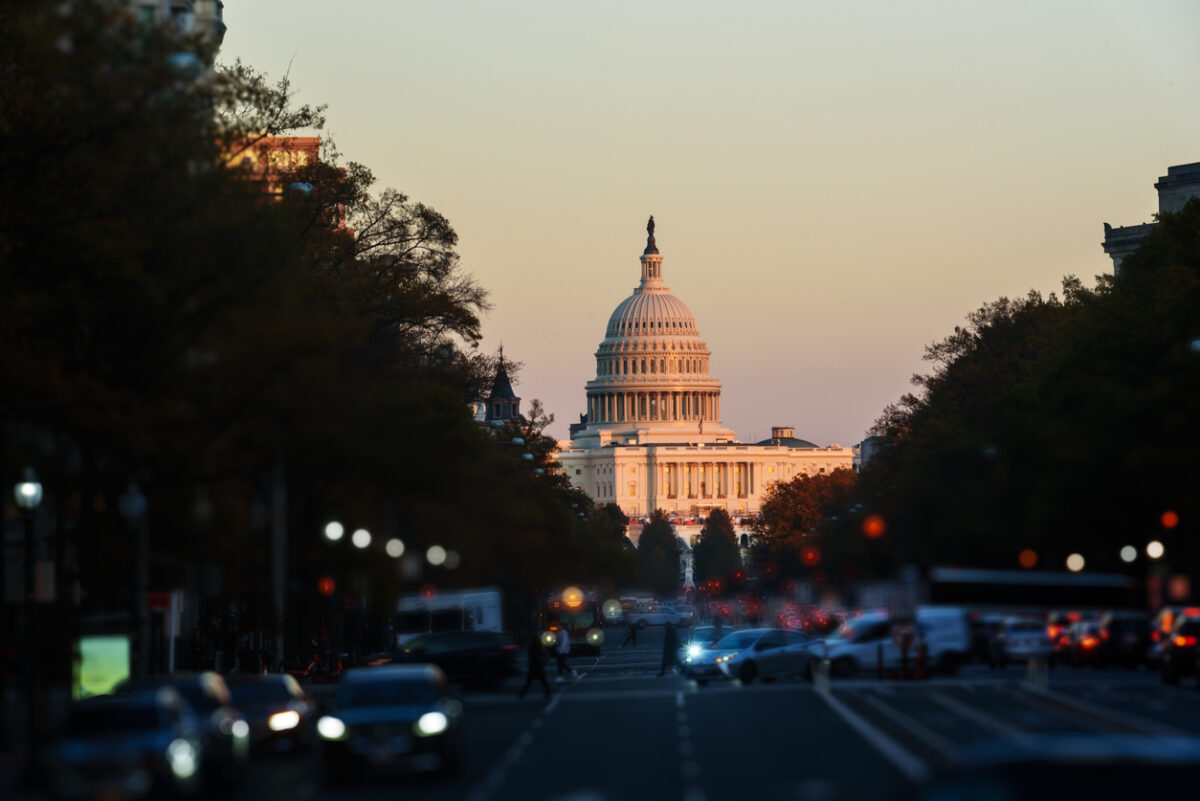Major Study of Student Credit Hour System
Published May 15, 2014
- Uses/Alternatives To Credit Hour To Be Explored
- Hewlett Foundation, TIAA-CREF Institute, Spencer Foundation Support Research Effort
Washington, D.C., Jan. 25, 2001—The Institute for Higher Education Policy announces a new 30-month study of uses and possible alternatives to the student credit hour (SCH) system in higher education. The study will include an analysis of how the SCH is used both within and outside of higher education, and will address whether the SCH should be maintained, amended, or discarded, as well as the process that could be followed in the event that changes are warranted. The report and recommendations will become the focus of a national meeting to be hosted by the Carnegie Foundation for the Advancement of Teaching. The study is being supported by a grant from the Hewlett Foundation in Menlo Park, California, with additional funding provided by the TIAA-CREF Institute in New York and The Spencer Foundation in Chicago. It will be co-directed by Jane Wellman, Senior Associate at The Institute in Washington, DC, and Thomas Ehrlich, Senior Scholar at the Carnegie Foundation for the Advancement of Teaching in Menlo Park, California.
Originally designed to measure high school coursework as a basis for college admissions, the SCH has become the standard building block for many college and university measurement systems, from student course credits, to student enrollments, faculty workload, resource allocation, and building/infrastructure needs. Technically, the SCH assigns learning "credits" to time spent in the classroom, with each weekly hour of class time earning one course credit, although variations around the norm of one hour/one credit can and do occur. This time-based measure may be an obstacle to new approaches to student teaching and learning, such as service learning, team projects, faculty-student research collaborations, and workplace-based learning. It is also being challenged by the many "new providers" of distance learning outside of the academy, for whom classroom-based time appears to be an inappropriate and inexact measure of student learning.
The work will be guided by a national advisory committee of experts in both academic and administrative uses of the SCH, as well as individuals knowledgeable about innovations in college teaching and learning.


